#Irish Blood
Explore tagged Tumblr posts
Text
I often wonder if my parents ever had/have a serious crisis of national identity when we'd all go to Ireland when I was younger, or at my entire existence.
Imagine - you're Irish, and your kids are English.
You're supposed to hate these cunts, but you can't because your kids open their gobs and out flop English accents!
I think I'll take that thought with me forever. 😭😂😂
6 notes
·
View notes
Text
March Is Known As 1 Of My Most Favorite Months Of The Early Year Besides January
IRISH AMERICAN HISTORY OR HERITAGE MONTH IS IT WERE.
YES YES YES. THE IRISH HAVE A MONTH ALL TO THEMSELVES AND COINCIDENTALLY
IT COEXIDES WITH OUR VERY GOOD LUCK/ LUCKIEST DAY OF THE YEAR.
ST. PATRICK'S DAY 🍀☘🇮🇪
Which would make sense anyway since its the only Irish Holiday anyone celebrates besides Ireland 🇮🇪
Anyway
Irish-American Heritage Month is celebrated by proclamation of the President and Congress in the United States to honor the achievements and contributions of Irish immigrants and their descendants living in the United States. It was first celebrated in 1991. The heritage month is in March to coincide with Saint Patrick's Day, the Irish national holiday on March 17. Heritage Months are usually proclaimed by nations to celebrate centuries of contributions by a group to a country.
So as a Fellow Irishman myself from My Dad's side of course.
To all of My Fellow Irish-Americans and Irishmen and Irish Women 🇮🇪
Go Forth and Make This Month Of March Grand as the Emerald Isles themselves and Let Our Culture Shine like A Shamrock ☘
THIS IS IRISH-AMERICAN HISTORY AND HERITAGE MONTH 🍀☘🇮🇪
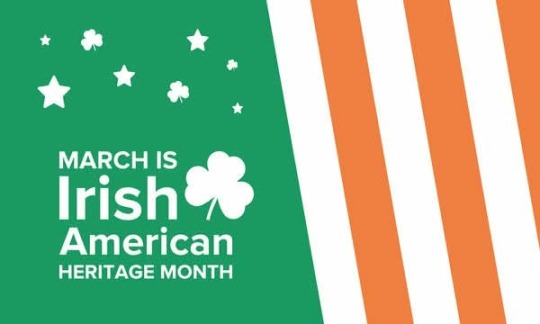
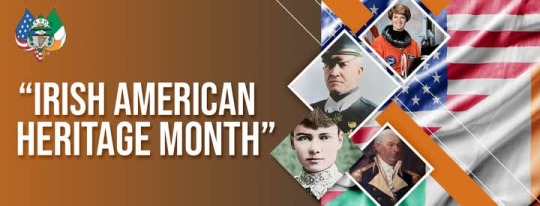
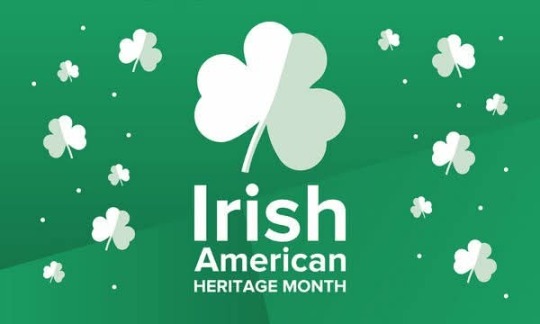
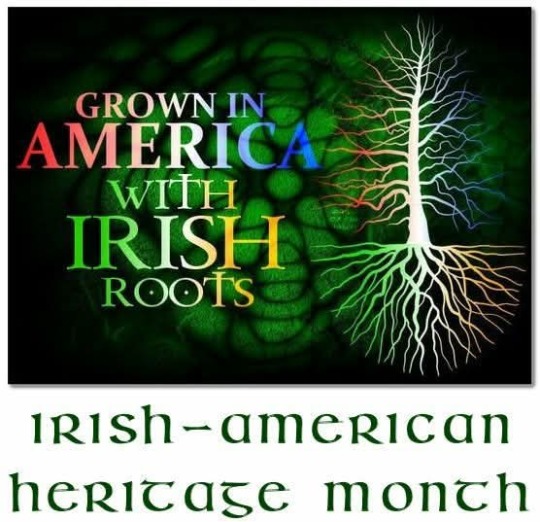
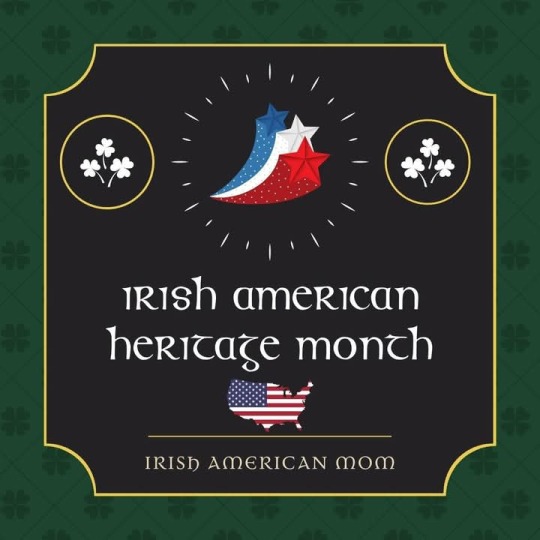
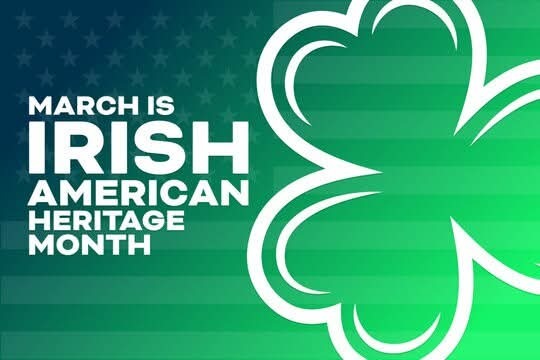
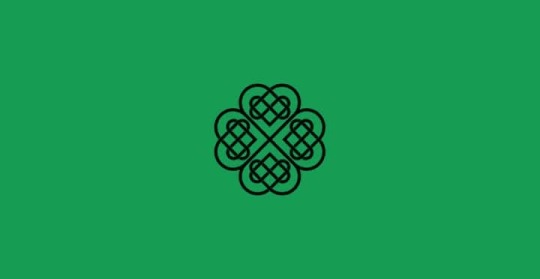
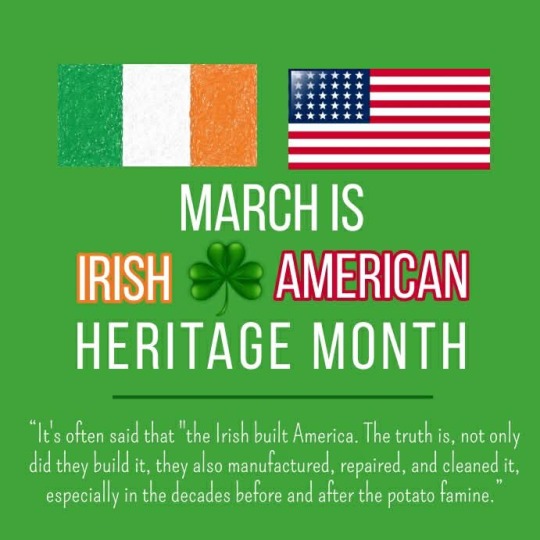
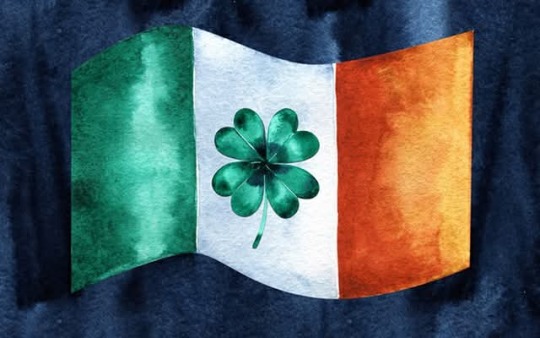
#Irishamericanheritagemonth🇮🇪🇺🇸#IrishAmericanHeritageMonth #Irish #IrishPride #IrishBlood #IrishBlessing #Ireland
#Irish American Heritage Month#Irish American#Irish#Irish Pride#Irish Blood#Irish Blessing#Ireland 🇮🇪#Spotify
1 note
·
View note
Text
@freaksmyweirdness #irishblood #iamirish #GambleStrong
1 note
·
View note
Text
#AliciaSilverstone protagonizará serie de #AcornTV #IrishBlood √
Alicia Silverstone interpretará a una destacada abogada de divorcios de Los Ángeles que busca a su padre en una nueva serie de misterio de asesinato para el transmisor Acorn TV. Alicia Silverstone / Imagen cortesía Acorn TV La estrella de Clueless protagoniza Irish Blood, una serie dramática de seis partes para el servicio de streaming propiedad de AMC Networks. La serie se está filmando en…
1 note
·
View note
Text
How Irish are you, anyway?
Sooner or later, the question will arise how Irish I am.
Let's start with the first generation of Irish immigrants. John R. Mills and Margaret Bibby had a number of children, two of which I'll focus on here. Since both of them were born and raised in Ireland, they would be 100% Irish, and by extension their children, all born in Warren County, New York, would be 100% Irish.
This post was originally posted on WordPress in May 2018.
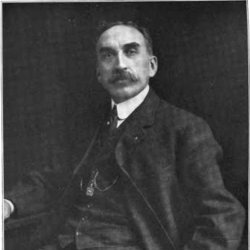
The first of those children I'll focus on here is Robert Byron Mills, later called RBM I or "Uncle Rob." He had one child with a woman named Hattie Ellen Stanley in 1901, named Stanley Sterling Mills (the first name coming from Hattie's maiden name and the middle name possibly coming from the Hotel Sterling which RBM I ran). Hattie's parents, Addison and Jane. Jane's parents are not known, but Addison's are, and it is clear that his ancestors had been in America since the 1640s. With this, it seems evident that Hattie did not have Irish blood in her, as far as we know. This would make Stanley 50% Irish. For all of us, however, Stanley is a dead-end because he died in 1934 in Cincinnati, with a very mysterious life, and had no children.
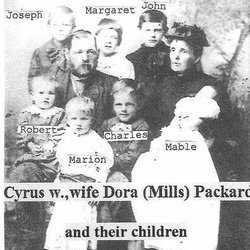
Dora, Cyrus, and their children
The second of those children, I'll focus on here, is Dorothy Ann Mills, also called Dora or Dory. She married a man named Cyrus Winfield Packard, who I know from my extensive research on the Packard family, had no Irish blood in him. This means all her children would be 50% Irish. One of her children was Robert Barnabas Packard, better known as RBM II or Bert, as he was renamed either by his own choice or by Uncle Rob as Robert Byron Mills II after Dora's death in 1895 when he was adopted by Uncle Rob. Now, since he was adopted, this means that his Irish blood descends from his mother Dora. As a result, he is 50% Irish as his mother was 100% Irish, and Cyrus had no Irish blood in him.
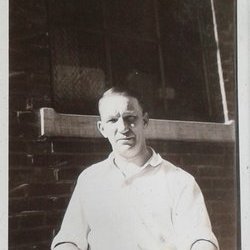
We then get to Bert. He married Miriam E. Hirst and had three children: Robert Byron Mills III (Bob), Helen Eileen Mills (Helen), and Carol Ruth Mills. To my knowledge, the Hirsts were living in America by the 19th century, and likely earlier, with ultimate roots in England like the Stanley family which was mentioned earlier in this post. As such, they did not have Irish blood. With Bert having Irish blood, but Miriam not, this means that their three children would be 25% Irish. Without getting into the weeds too much, and off track, it seems evident that none of the spouses of Bob, Helen, or Carol had any Irish blood in them, but rather that of those who had immigrated from Europe, whether Albania, Germany, France, or elsewhere. With this, it would mean that all the children of Bob, Helen, and Carol, of which there are many, would be 12.5% Irish. Some of their children, had children, of which this writer is part of. This would make me, and all others of the same generation, you could say, 6.25% Irish. [1]
With this, you can't go around and wave an "Irish pride" flag or anything as that amount is utterly minuscule. But it is not insignificant. As such, it is part of a collective ancestry.
© 2018-2023 Burkely Hermann. All rights reserved.
Notes
[1] According to my calculations, looking at previous family lineage, I am 25% Austro-Hungarian, 25% Italian, about 2% English, about 6% French, about 13% German, and about 6% Irish, as noted above.
#irish genealogy#genealogy#family history#mills family#ancestry#immigration#irish americans#1930s#irish blood#women#roots work#irish pride
0 notes
Text
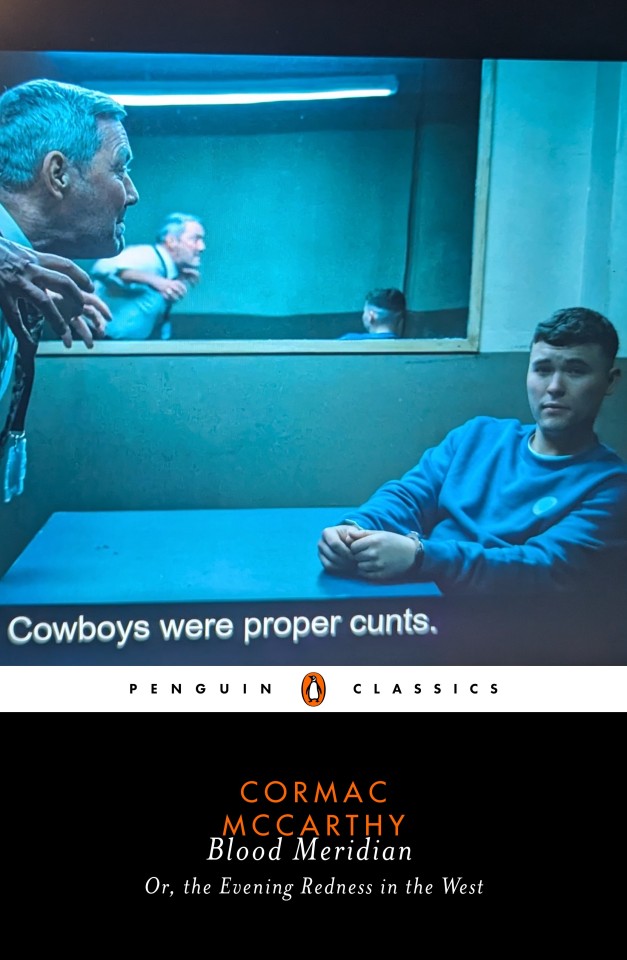
#rip arló! you would have loved telling those kids to read blood meridian. translated into irish ofc#kneecap#blood meridian#jory.jpg
495 notes
·
View notes
Text
[walks out of the dracula essay covered in blood] now I can go write toxic jonmina in a more scholarly and critically considered way
#lie. this is a lie. I have 20 more pages of papers due in the next 6 days I will not be allowed to even contemplate Fun Writing until then.#begging to a god I don't believe in to let me write vaguely problematic vampire fanfiction and falling to my knees crying UNCLEAN UNCLEAN#dracula#marina marvels at life#*essay that I was writing btw not the irish mina essay that I was reading. though I also did leave that one covered in blood.
188 notes
·
View notes
Text

Was inspired by the Brazillian Miku trend going on on Twitter at the moment..so here's an Irish Miku! :D
#I may be of Irish blood and born and raised here but I am not an expert at drawing our traditional artstyles..I tried my best!!#my art#2024#hatune miku#miku hatsune#writting her name as miku hatsune feels wrong OH WELL#vocaloid#vocaloid art#vocart#I had some other ideas but I figured the Irish Dancing dress would be the most easily recognizable#hence why i also made it green white and gold JHFDG#maybe I'll do the others. maybe not. who knows.
444 notes
·
View notes
Text
I just know a One Direction reunion would fix about 99% of the issues in my life.
#i mean after all the blood sweat and tears I’ve given them why can’t they give me this?#i don’t need a tour i just need a song or something#one direction#one band one dream one direction#niall horan#harry styles#liam payne#louis tomlinson#zayn malik#my little irish marshmallow#my little lanky baby
196 notes
·
View notes
Text
March Is Known As 1 Of My Most Favorite Months Of The Early Year Besides January
IRISH AMERICAN HISTORY OR HERITAGE MONTH IS IT WERE.
YES YES YES. THE IRISH HAVE A MONTH ALL TO THEMSELVES AND COINCIDENTALLY
IT COEXIDES WITH OUR VERY GOOD LUCK/ LUCKIEST DAY OF THE YEAR.
ST. PATRICK'S DAY 🍀☘🇮🇪
Which would make sense anyway since its the only Irish Holiday anyone celebrates besides Ireland 🇮🇪
Anyway
Irish-American Heritage Month is celebrated by proclamation of the President and Congress in the United States to honor the achievements and contributions of Irish immigrants and their descendants living in the United States. It was first celebrated in 1991. The heritage month is in March to coincide with Saint Patrick's Day, the Irish national holiday on March 17. Heritage Months are usually proclaimed by nations to celebrate centuries of contributions by a group to a country.
So as a Fellow Irishman myself from My Dad's side of course.
To all of My Fellow Irish-Americans and Irishmen and Irish Women 🇮🇪
Go Forth and Make This Month Of March Grand as the Emerald Isles themselves and Let Our Culture Shine like A Shamrock ☘
THIS IS IRISH-AMERICAN HISTORY AND HERITAGE MONTH 🍀☘🇮🇪
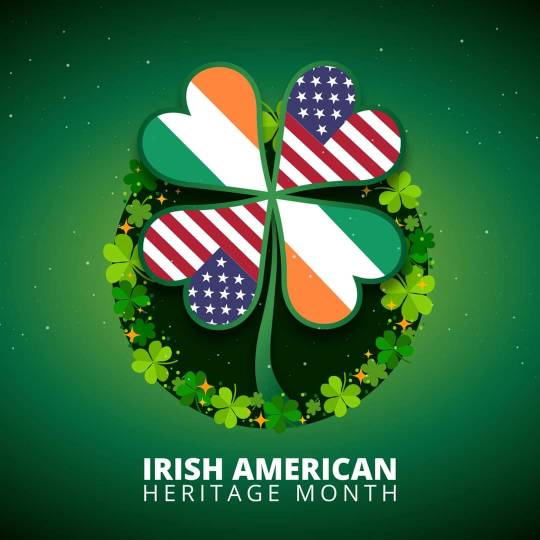
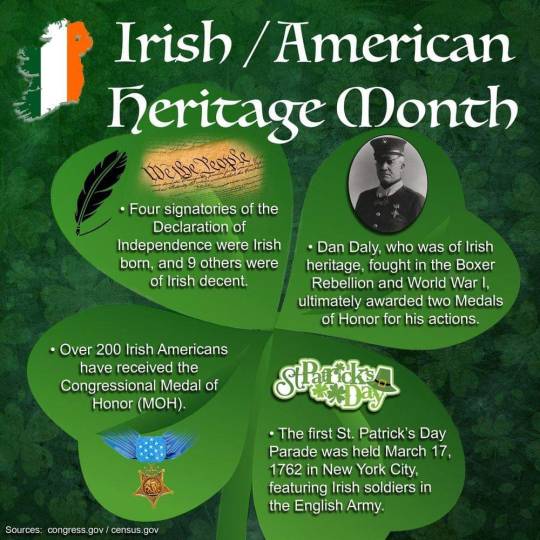
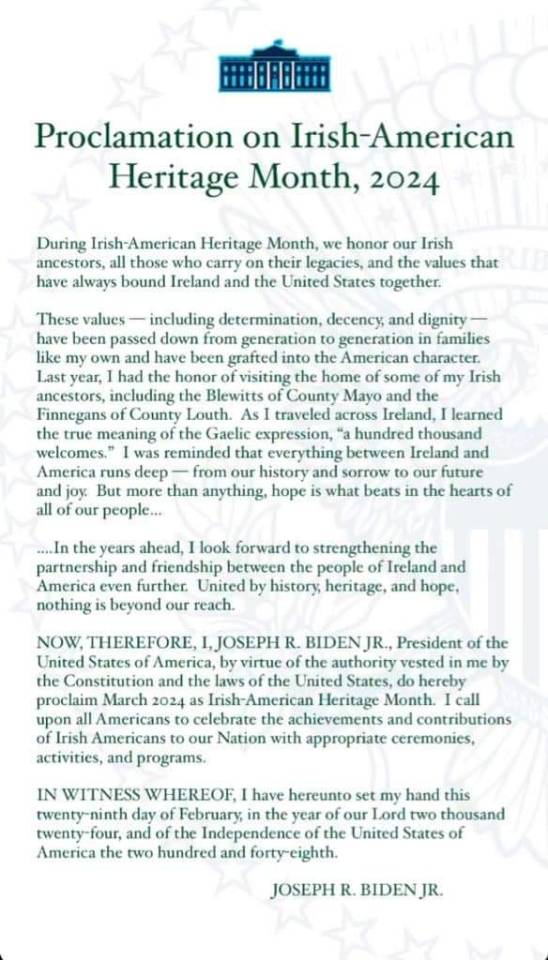
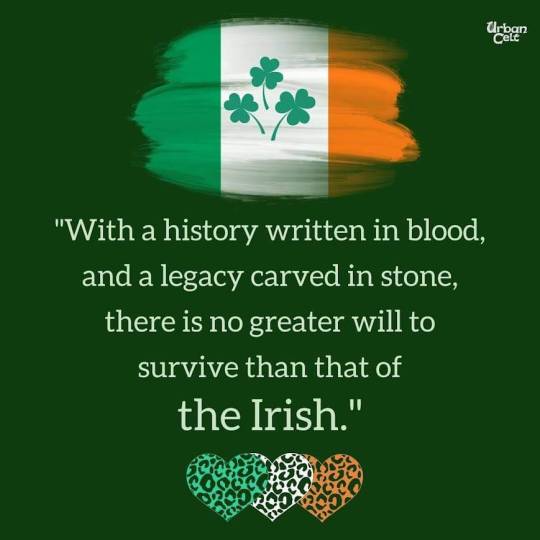
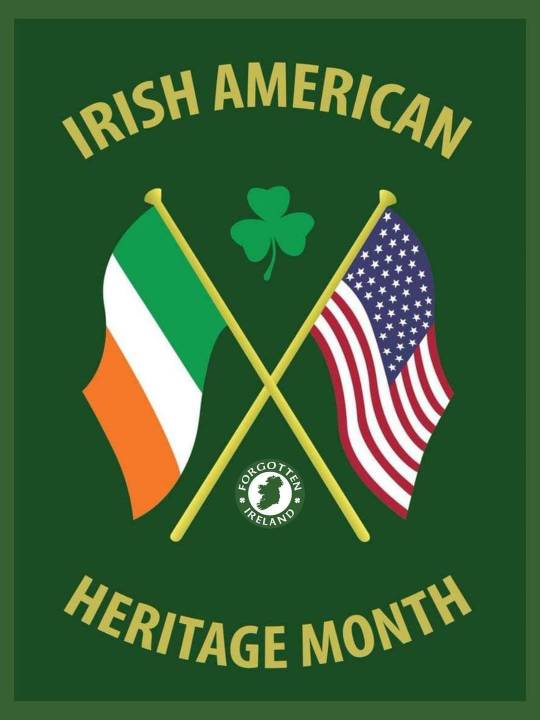
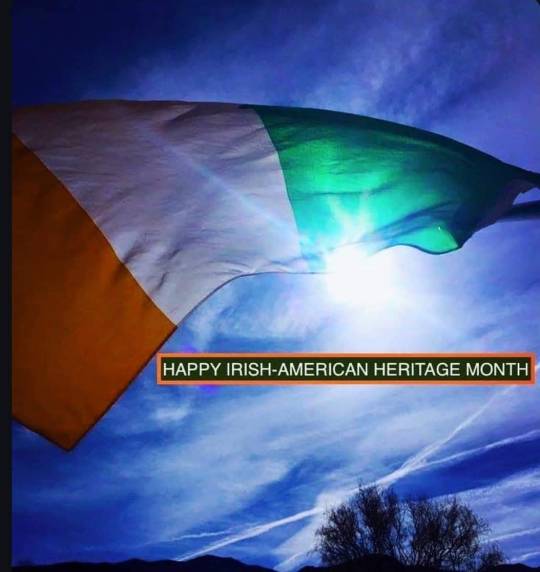
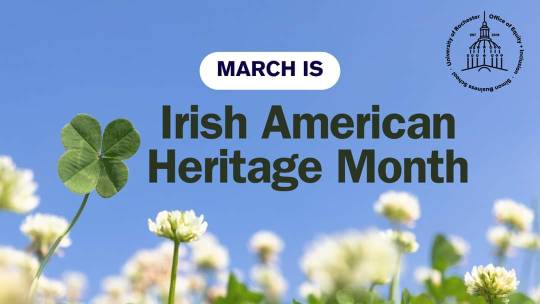
#irishamericanheritagemonth🇮🇪🇺🇸
#IrishAmericanHeritageMonth #Irish #IrishPride #irishblood #irishblessing #Ireland
#Irish-American Hertiage Month#Irish American#Irish#Irish Pride#Irish Blood#Irish Blessing#Ireland 🇮🇪#Spotify
1 note
·
View note
Text
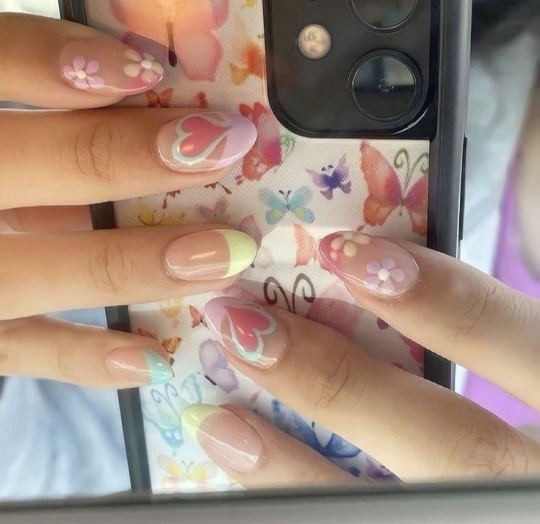

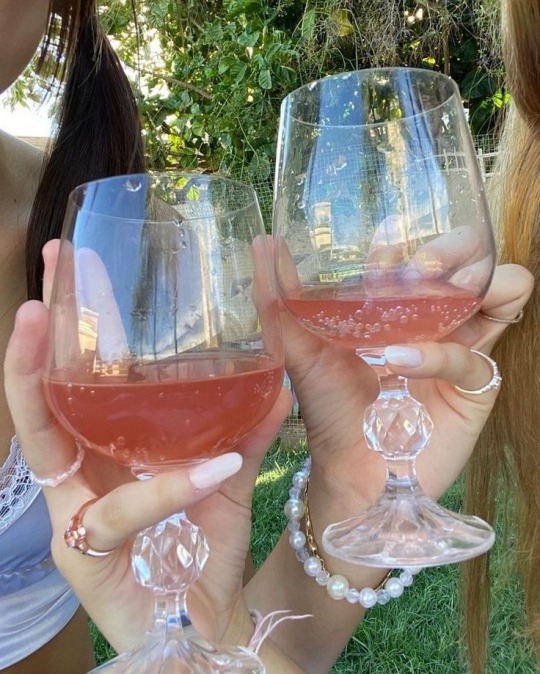
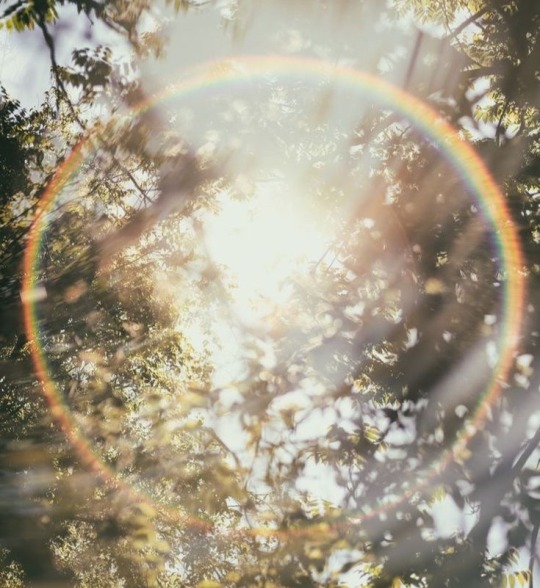
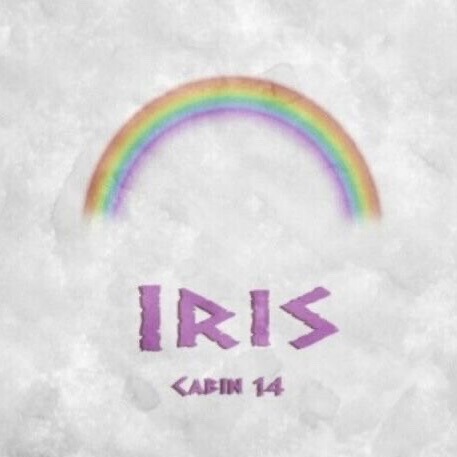
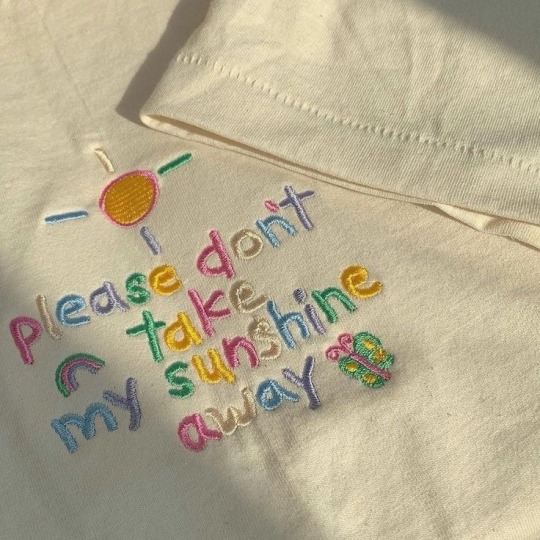
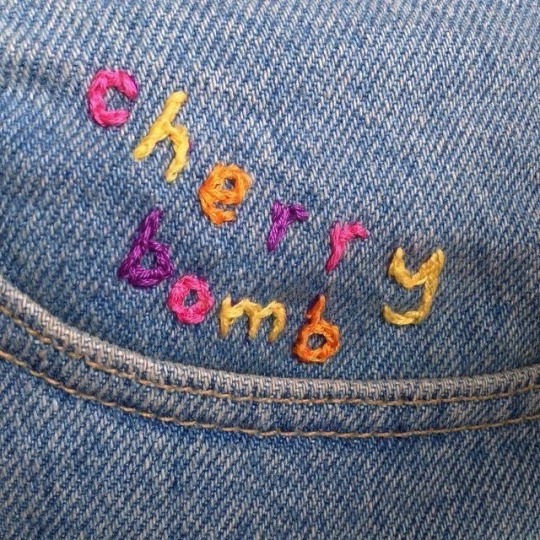
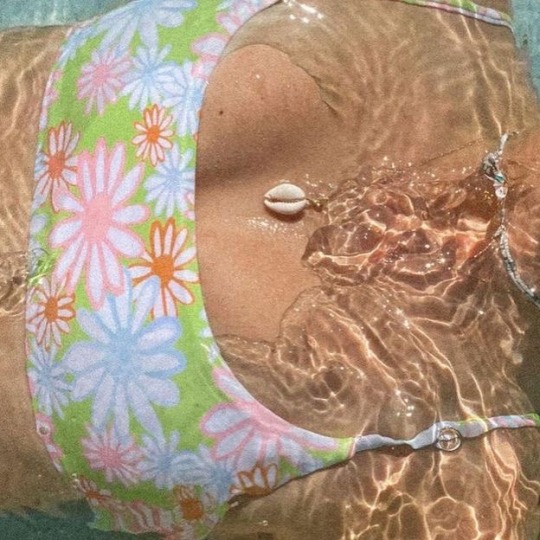
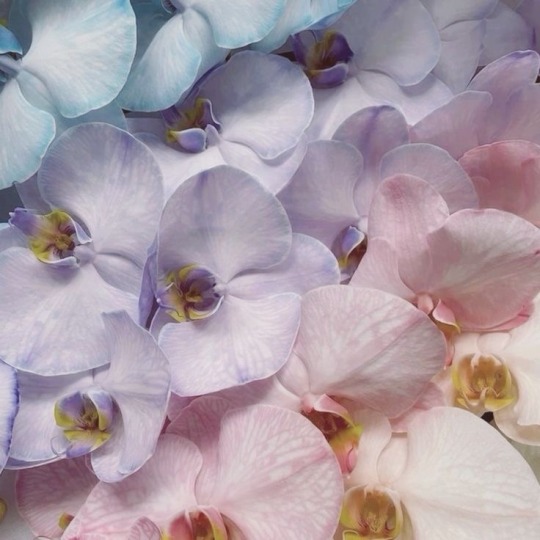
cabin fourteen - children of iris, goddess of rainbows and messages. bubbly, peaceful, bright
‘but one of these things is not like the others / like a rainbow with all of the colors / baby doll, when it comes to a lover’ - me!
#xoxochb#percy jackon and the olympians#pjo series#pjo fandom#percy jackson#pjo#percy series#pjo hoo toa#pjo spoilers#irish mythology#iris goddess#greek myth aesthetic#greek mythology#camp half blood
70 notes
·
View notes
Text









Isolation (2005) dir. Billy O'Brien
#isolation#isolation 2005#john lynch#ruth negga#sean harris#essie davis#irish cinema#2000s#horror movies#cw gore#cw blood#also a warning that there is a considerable amount animal death in this movie too
38 notes
·
View notes
Text
okay but i’m so happy people like my dany design because i love her so much :( i really wanted to have a balance between targaryen otherworldly dragon beauty and her velaryon roots
#vic.txt#i know that the velaryon blood in dany is technically very diluted but i’ve always headcanoned targaryens as black#so when they made velaryons black in the show i was like you know what#hell yeah#HELLL YEAAH#also grrm’s genetics is weird anyways so who cares#also ALSO headcanons speaking i can do whatever i want i made starks polish/slavic adjacent because they’re my fav house and i’m polish lol#also i feel like the old gods faith is quite reminiscent to old slavic religions so whatever we ball#tullys are lowkey irish in my head#just because#there’s no rhyme or reason#wildlings are vaguely mongolian#i need to draw val at some point (famous vic words) because i have such a clear picture of her in my head#same with ygritte
45 notes
·
View notes
Text
Authentic Irish Foods for Samhain
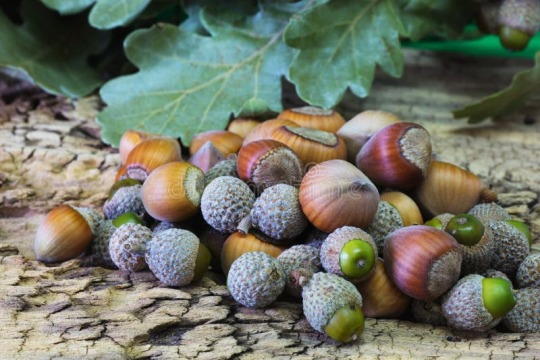
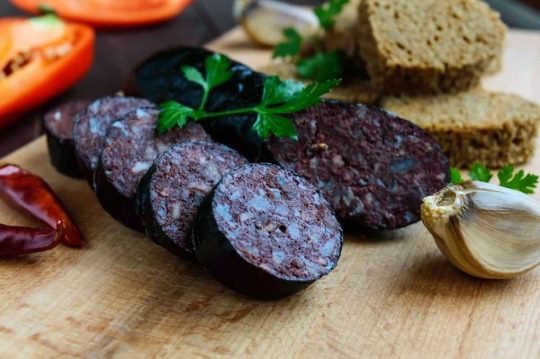

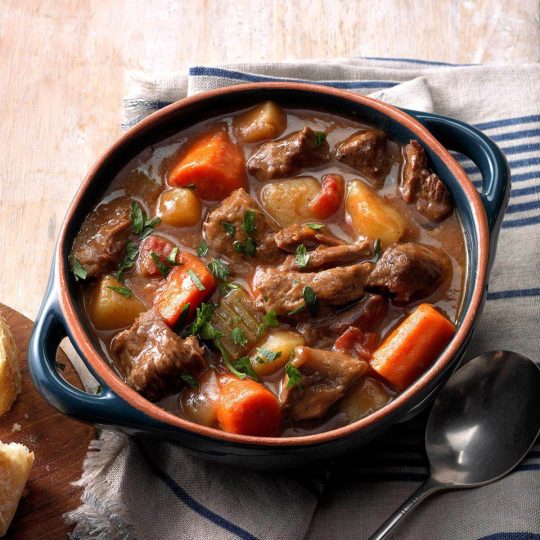
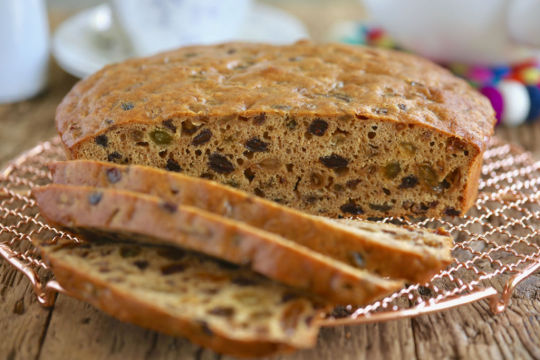
🩸 Blood pudding (living cattle could be bled through the winter to provide the material as well as collecting blood when the cattle were slaughtered to keep the numbers down for winter)
🫓 Brambrack
🍲 Stew
Lamb
Beef
Wild boar
Domestic pig
Deer
Goose
Mallard
Hare
🐗 Salted wild boar and domestic pig (it is possible that other meats were salted for preservation but given that salt was an expensive commodity and no records indicate other meats we simply do not know. I will note here that we also don't seem to have records of smoked meats for preservation during this time)
🦌 From Samhain to Bealtaine it was considered inappropriate to hunt wild game, including boar. So while wild meats were likely eaten and preserved through this time, much like crop harvests for Lughnasadh, any game that wasn't taken before this festival was supposed to be left alone to breed. (Very unlike our modern hunting schedules)
🍺 Mead and Barely ale
🥣 Porridge
Oat
Barley
🥛 Dairy (this would likely become more limited as the season progressed, but butter has been found in bogs, presumed to be preserved but potentially given as offerings)
Cow's milk
Butter
Curds
mulchán 'hard cheese' (the exact nature of this cheese is unknown but it was described as being extremely hard and could be stored for long periods of time)
🦪 Sea food
Sloke
Clams
Muscles
Crab
Halibut
Sea Salmon
🌿Native Culinary Plants growing in Ireland at this time of year
Skirret
Apples
Purple sprouting boccoli
Wild cabbage
Blackberry
Raspberry
Rowan berries
Elder berries
Sloes
Rosehip
Acorn
Chestnuts
Hazelnuts
Hen of the woods
Pullball
Fairy Ring Champignon
Chanterelle
Porcini
Black Trumpet
Saffron Milk Caps
Cauliflower Mushroom
Wood Blewit
Penny bun
There would be an abundance of foods at this point in the year, but that food would become lesser as the season progressed do to lack of production in the environment and the fact that this point in the year was a time for traveling and feasting (likely to increase bonds amongs the Tuatha and because people would not be as occupied with farming and raiding).
My Kofi
#irish#irish mythology#celtic#irish paganism#irish polytheism#paganism#celtic paganism#celtic polytheism#pagan#food#iron age#samhain#wild boar#deer#porridge#Brambrack#mead#apples#blackberry#elderberry#acorn#chestnut#hazelnut#mushrooms#blood pudding#irish reconstructionist#Irish reconstructionism
194 notes
·
View notes
Text
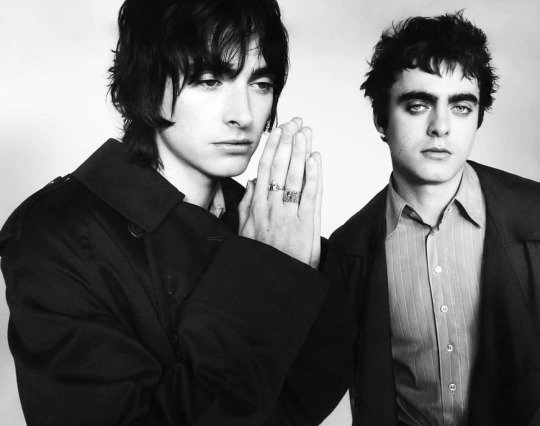
gene + lennon for icon magazine
#gene gallagher#lennon gallagher#my mexican ass is offended by him wearing the claddagh#like lennon has more Irish blood than you 🔪 patsy’s mom is Irish!!!!#then again i can’t be having imaginary beef with a nepobaby so yeah
18 notes
·
View notes
Text
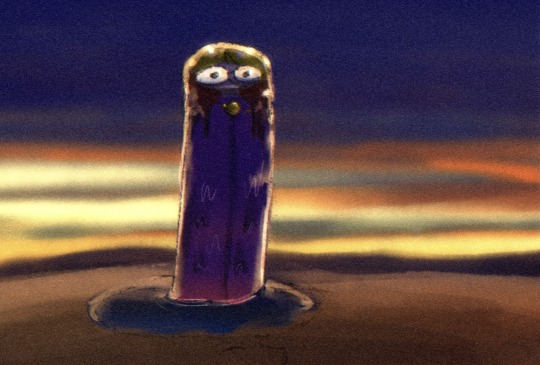
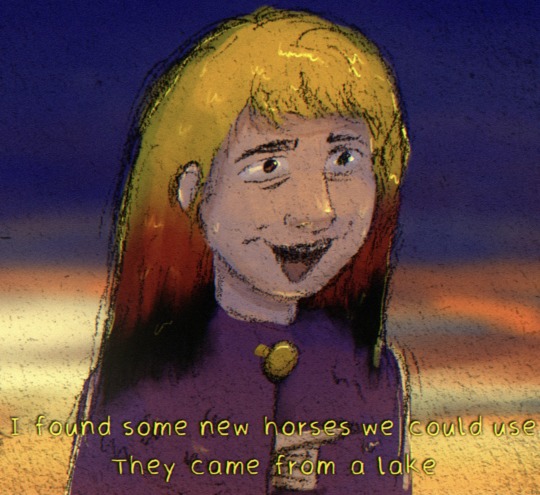
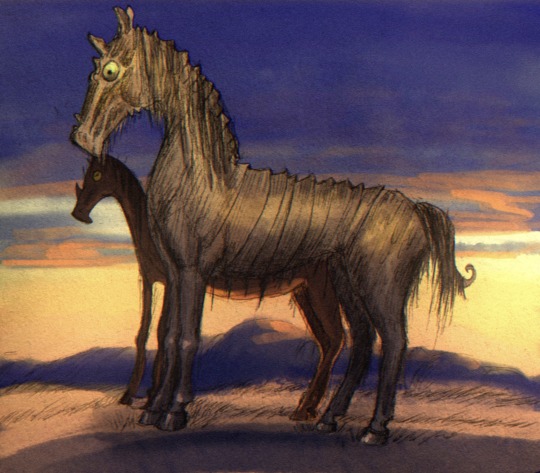
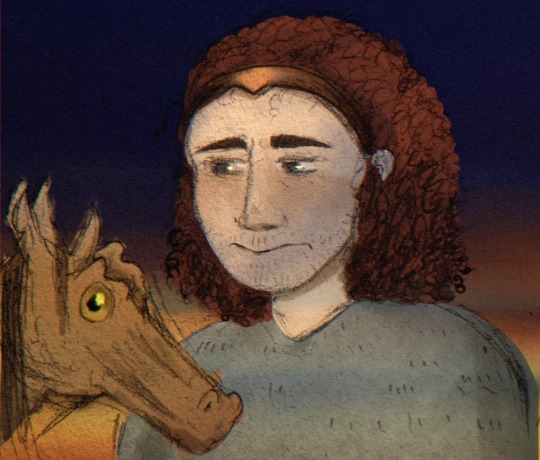
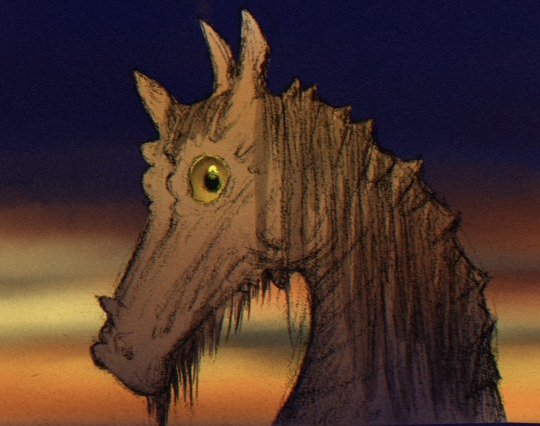
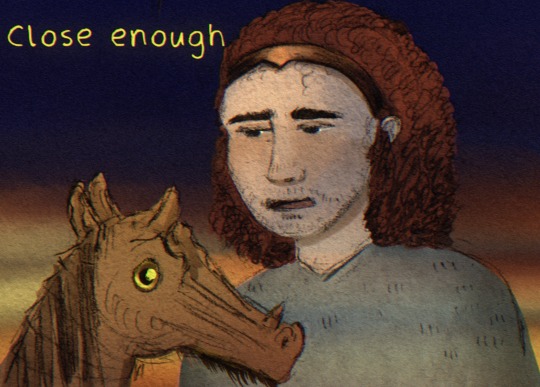
Cu Chúlainn is having a really bad day
Cu chúlainns horse are usually just described like normal horses traditionally but I decided to have fun and make it look slightly aquatic


Bonus (Conall’s Horse)
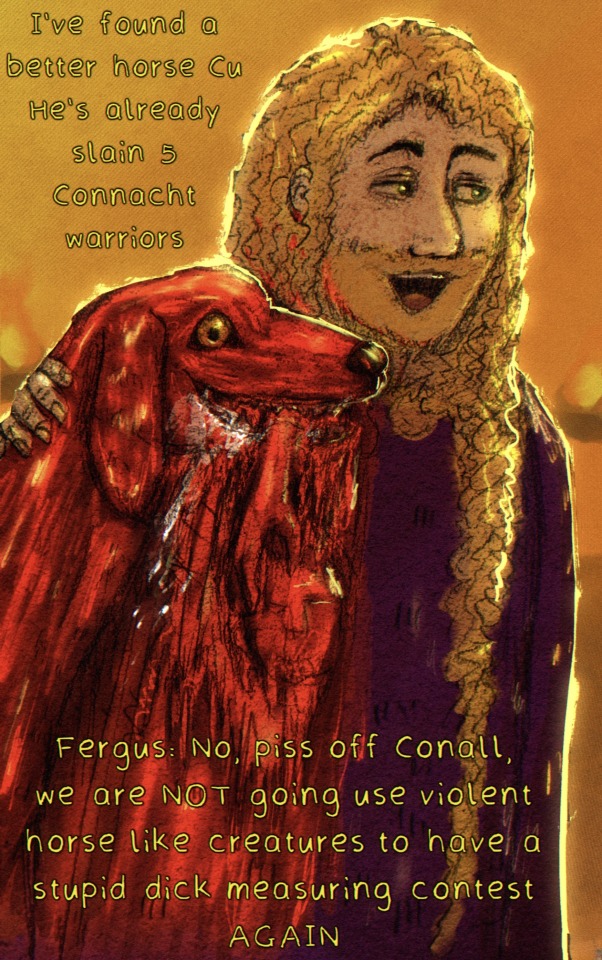
um

horses aren’t supposed to have a hounds head wth sharp teeth and ave the ability to kill people

#tw blood#comic#tain bo cuailnge#irish mythology#art#cú chulainn#the tain#conall cernach#lake horse#dog headed horse#for context the lake horses are in theory normal looking roses. Conall’s gore hound horse#well the name says it all…#laeg mac riangabra#laeg#dog headed horse dripping red with gore#fergus
37 notes
·
View notes